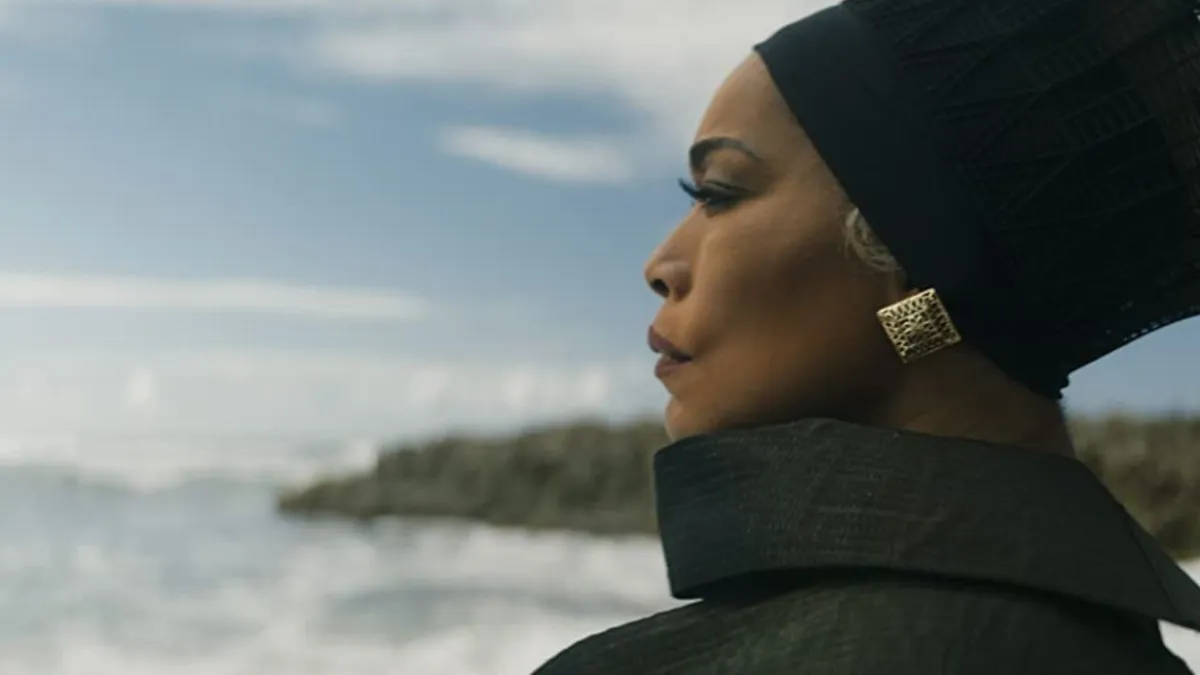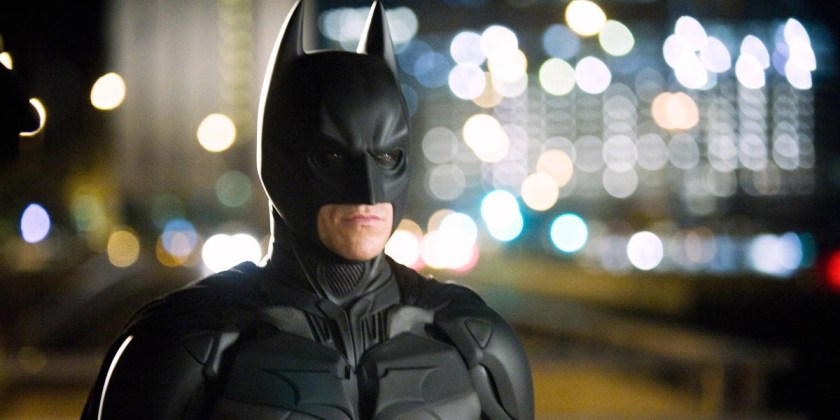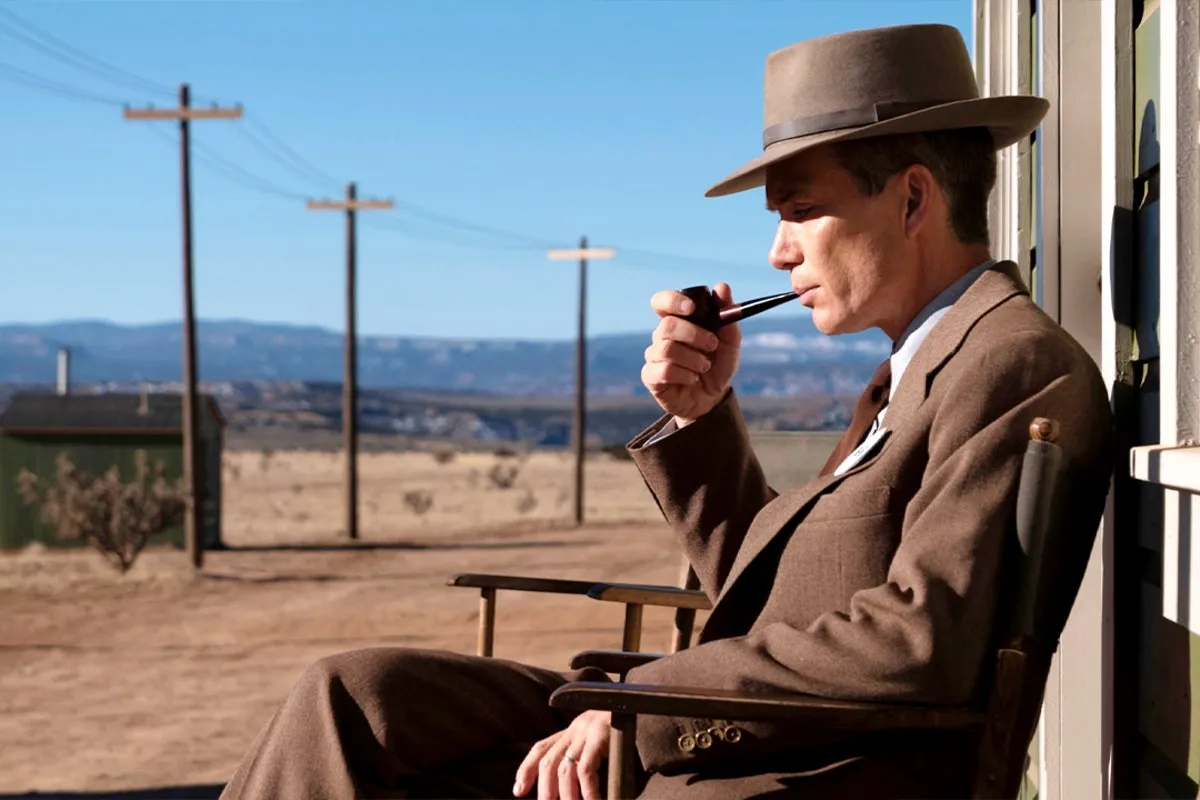Multi-award-winning director Martin Scorsese is loved by many cinephiles, so much so that a fictitious movie named Goncharov came into being on Tumblr, with him listed as its “director.” He is famed for his works like Taxi Driver, Goodfellas, The Wolf of Wall Street, and the upcoming Killers of the Flower Moon, to name a few, but even great directors can have some odd takes.
In a recent interview with GQ published on September 25, 2023, Scorsese claimed that studios are no longer “interested in supporting individual voices that express their personal feelings or their personal thoughts and personal ideas and feelings on a big budget.”
In connection to comic books being made into films, he commented, “The danger there is what it’s doing to our culture,” further elaborating, “Because there are going to be generations now that think movies are only those—that’s what movies are.” This wouldn’t be the first time Scorsese criticized the Marvel franchise. Previously, in a New York Times op-ed, he stated that Marvel’s superhero movies were “theme parks” instead of “real cinema.” But this begs the question of who has the right to define what cinema is and whose emotions these films invoke.

Maybe Marvel isn’t everybody’s cup of tea, but no one person has the authority to dictate the emotional impact a film can have on people. Many cried with Shuri when she succeeded her brother as the Black Panther, and even more tears were shed when tributes to Chadwick Boseman were included in Black Panther: Wakanda Forever during the funeral scene.
he movie was about loss and grief—a great sequel about a young woman coming to terms with her brother’s untimely death and stepping into a role of great responsibility. If this is what Scorsese sees as a theme park, it’s definitely an emotional rollercoaster that many people resonate with, contrary to his claims. It’s a film that features a Black female protagonist growing into her power, which would’ve been impossible in the industry of the past that Scorsese was defending.

Scorsese thinks, “We have to then fight back stronger. And it’s got to come from the grassroots level. It’s gotta come from the filmmakers themselves.” But in the same breath, he cites the Safdie brothers and Christopher Nolan for doing a great job in fighting this mainstream scourge of blockbuster films, as if Christopher Nolan isn’t a mainstream director himself who has directed several comic book adaptations.
Nolan’s Oppenheimer deserves praise, and it became a hit despite its controversial and complicated subject matter. It didn’t make use of CGI, which is a great feat for a movie that involves nuclear detonations. Despite this latest hit from Nolan, The Dark Knight and The Dark Knight Rises were also two memorable, award-winning movies that he directed.
By Scorsese’s definition, the latter two are not “cinema” by virtue of being part of a superhero franchise, and by being either a remake or a sequel. All this, even when nobody could forget Joker’s pencil “magic trick” in The Dark Knight. Praising Nolan while simultaneously dismissing the superhero genre—something that Nolan also excels at directing—as generic fud doesn’t make sense.
Scorsese also shared his thoughts on “manufactured content” not being “cinema.” He says, “It’s manufactured content. It’s almost like AI making a film. And that doesn’t mean that you don’t have incredible directors and special effects people doing beautiful artwork. But what does it mean? What do these films, what will it give you? Aside from a kind of consummation of something and then eliminating it from your mind, your whole body, you know? So what is it giving you?”
There are lots of thoughts to unpack in this statement. The first half talks about Scorsese’s fears of repetitive content, which many people in the film industry also agree with. Aversion to the mainstream isn’t always unwarranted, and there is truth in Scorsese’s fears of theaters featuring the same, repetitive and manufactured stories. But speaking for an entire industry that’s grown diverse in casting and stories and then imploring people to “save” it doesn’t sound so good.
This leads to the second half, which talks about the emptiness of “manufactured content.” There are many other indie and foreign directors that are thriving in Hollywood, so the fears of monotonous stories are easily quelled. Daniel Kwan and Daniel Scheinert produced Everything, Everywhere, All at Once, which is essentially a film about the emotional disconnect between a queer, American girl and her Chinese mother.
Bong Joon-Ho, a South Korean director, amassed awards for his critically acclaimed film Parasite. It’s a scathing film about capitalism and class dynamics, and its effects on families. Even the Marvel movies show a diverse range of emotions that connect to a broad audience. Thor, who is a character known for his strength and pride, suffered the tragic loss of everything and everybody that mattered to him going into Avengers: Endgame. Not everybody understands what it’s like to be a god with a hammer that can be summoned at will, but many empathize with the experience of loss and being changed by grief.
When Thor reunited with his mother by traveling to the past in Endgame, it’s safe to say that many wish to experience at least a fraction of that moment with their departed loved ones. If even this is merely a cheap sob story in the eyes of elite directors, then nothing else might be able to move them.
(featured image: Universal Pictures)








Published: Sep 28, 2023 01:43 pm